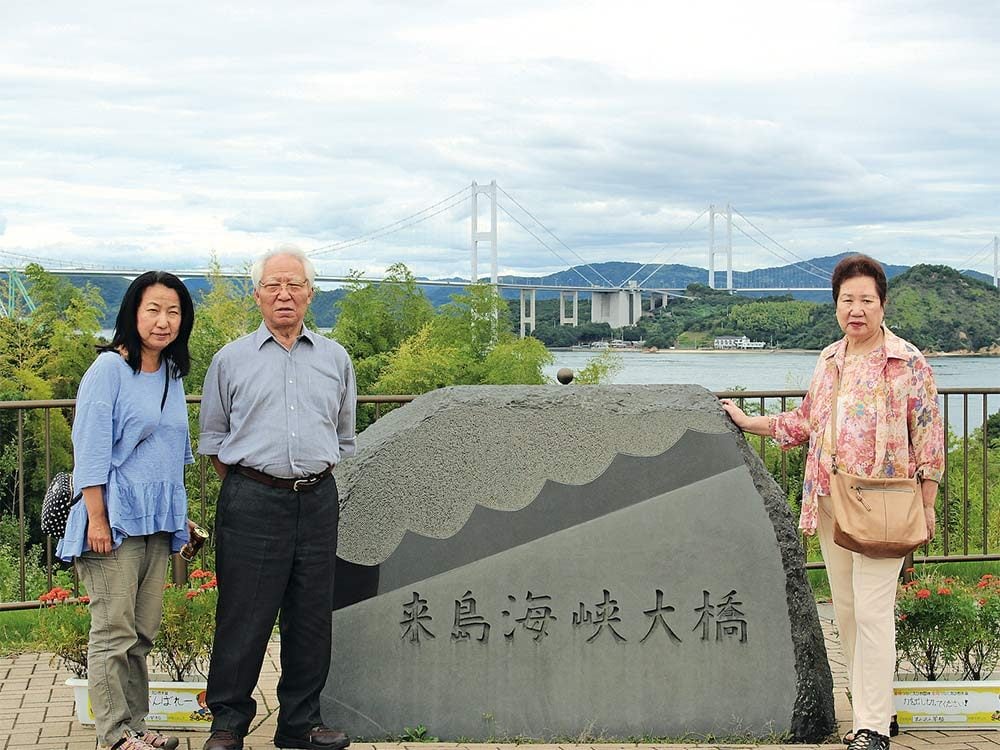
How I Struggled to Belong in Japan
My grandparents moved to Japan from South Korea before the Second World War, and both of my parents were born and raised in Japan. I was, too. However, because of my family origins in South Korea, most people in Japan did not see me as being Japanese, even though I have a Japanese name, my first language is Japanese, and I went to school in Japan. Even when I was a little girl, I realized that I was not considered as being purely Japanese. My dad said to me as I got older, “Here in Japan you cannot be a teacher, or a doctor, and you cannot work at a government job.” I wanted to be a teacher at the time, and I felt that my dad had ended that dream, but I still wanted to be Japanese!
It took about seven years to get my Japanese citizenship and when the process was complete, I was 27 years old. I felt, however, as if nothing had changed. Even with citizenship, I realized that I would never be considered fully Japanese. Also, it was too late for me to begin a career in Japan. Usually young people there graduate from high school at 18, graduate from university at 22, and then find a first job the same year. If, for whatever reason, you cannot follow this usual path, your adult life in Japan is not likely to be a happy one. My life was not following this path at all. So, I decided to leave and see other countries.
I found a work-holiday visa program, offering choices in New Zealand and Canada. Canada was a very popular choice and there was a lottery system in effect. I made my application and was a winner in the lottery for a one-year placement in Canada.
Here are 13 often-overlooked reasons it’s awesome to live in Canada!

How I Made the Bold Move to Canada
When I first arrived in Toronto in January 1999, there was a big snowstorm, unlike anything I had ever seen in my hometown of Hiroshima. My English was very limited and I had a hard time adjusting to daily life, but the people I worked with, first at a Japanese insurance company and later at a Canadian software company, were very welcoming and patient with my English.
After my work-holiday visa ended, I returned to Japan and applied for permanent resident status in Canada. It took about four years to get it. During that time, I went back to school and got a degree in English literature at Aoyama Gakuin University, improved my English and studied French to better my chances of becoming a permanent Canadian resident.
In October 2007, my permanent residency was approved. I first moved to Vancouver, but unfortunately lost my job there, and decided to move back to Toronto to find a new one. It wasn’t easy at first, without family and friends for support, but I wanted a new life here, with opportunities to try out everything that would have been impossible for me to do in Japan. It was difficult to settle down here, find a job and communicate in English. I went back to school once more, this time through a government-funded program that helped to pay my tuition fees and living costs.
Finding a stable job in Toronto was one of my biggest challenges. At one point, I thought I would have to return to Japan to avoid becoming homeless, but I kept sending out my resume, going to interviews and improving my language skills. I kept thinking to myself, “It’s better than living in Japan.”
Finally, I was offered a government job in office administration that brought stability to my life, gave me opportunities to meet people and make new friends, and allowed me to explore new things in a wonderful new country.
As Canada was celebrating its 150th anniversary in 2017, I was celebrating my 10th anniversary of living here. It’s not easy to find a place that is beautiful, diverse and welcoming, and then actually move there. But I found Canada, and although I return to Japan often to visit family and friends, I have never felt more at home.
Check out the 10 Attractions That Prove Why Canada is the Most Beautiful Country.